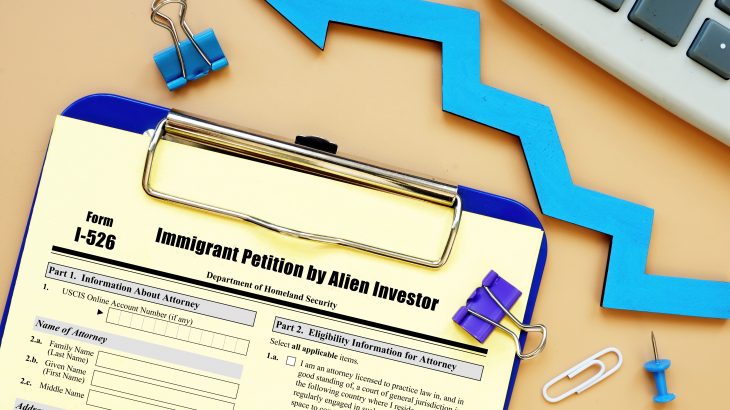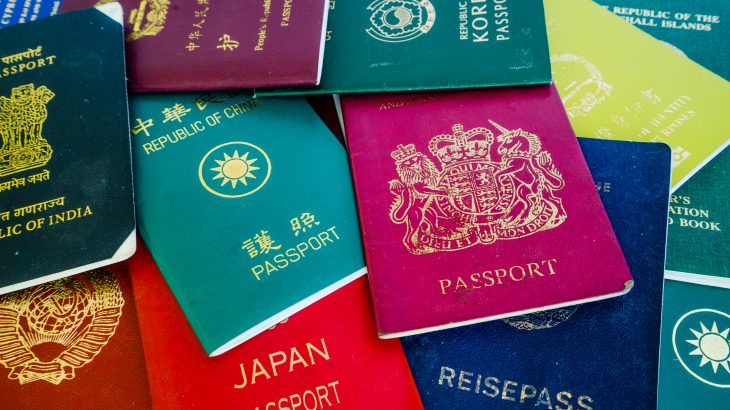The EB-5 Regional Center program lapsed last summer pending reauthorization by the United States Congress. Potential reauthorization could come as early as this week if it is combined with spending legislation due to be passed before this Friday, 11 March.
If EB-5 Regional Center reauthorization is added to the spending bill, and if the spending bill is passed, the EB-5 program will return, but with likely new rules.
What are the likely new EB-5 rules?
The most significant change in a reformed EB-5 Immigrant Investor Visa Program would be the investment amounts. The minimum investment requirement for EB-5 will increase to $800,000 in a Targeted Employment Area (TEA) and to $1,050,000 outside of these designated areas.
The program would also be reauthorized for five years, providing longer-term certainty for both investors and the industry as a whole.
Some visas would be reserved for certain investors, including 20 percent for those investing in a rural areas, 10 percent for those investing in areas of high unemployment, and 2 percent for those investing in infrastructure projects.
There are not yet any guarantees on this. This is the nature of the democratic process and we will keep you updated as soon as we find out more. The Direct EB-5 Visa option currently remains open at the $500,000 minimum investment level. However, the window for applying under the current terms is fast closing – presuming the legislation is enacted.
What is EB-5?
The EB-5 investor Visa offers a pathway to US Permanent Residency (a Green Card) via an investment that creates ten jobs. A qualifying family unit can each receive Green Cards under a single investment, but parents need to carefully plan to avoid their children “ageing out” of the process.
Many thousands of people have moved to the United States under the EB-5 Visa program over the past three decades. EB-5 has created hundreds of thousands of jobs and brought in billions of dollars of foreign investment at no cost to the American taxpayer.
This is an evolving situation, please keep checking our blog for more information. We will be holding as series of webinars on this subject as soon as the future of EB-5 becomes clear.
Click here to read more about the EB-5 Immigrant Investor Visa Program
This article is published for clients, friends and other interested visitors for information purposes only. The contents of the article do not constitute legal advice and do not necessarily reflect the opinions of Davies & Associates or any of its attorneys, staff or clients. External links are not an endorsement of the content.



























